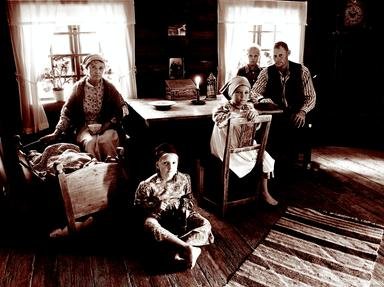Quiz Answer Key and Fun Facts
1. In 1811, General William Henry Harrison earned a great victory by defeating 700 Native American warriors in Indiana Territory during which battle?
2. In 1812, which man, the candidate of the Democratic-Republican party, was re-elected for his second term as president over DeWitt Clinton of New York?
3. The War of 1812 started in June, 1812 when the United States declared war on Great Britain. Which of the following was NOT a motive for the United States' declaration of war?
4. What Shawnee chief was killed at the Battle of the Thames in 1813?
5. In 1814, Francis Scott Key penned the poem that was to serve as the basis for the American national anthem, "The Star Spangled Banner," after seeing the flag flying over Ft. McHenry during the Battle of Baltimore. What popular British song served as the music?
6. The War of 1812 ended in 1814 with the signing of which treaty?
7. In January 1815, future president Andrew Jackson led the Americans to a victory over the British at the Battle of New Orleans. What was strange about this battle?
8. James Monroe defeated Federalist Rufus King in 1816 to become the fifth President of the United States. What is the period in American history during the Monroe presidency called?
9. The first major highway constructed by the federal government reached Wheeling, Virginia (now West Virginia) in 1818, and is named after the city where it began in Maryland. What was the name of this highway?
10. McCulloch v. Maryland (1819) is considered one of the most influential Supreme Court cases. What legal principle was established by McCulloch v. Maryland?
Source: Author
LIBGOV
This quiz was reviewed by FunTrivia editor
bloomsby before going online.
Any errors found in FunTrivia content are routinely corrected through our feedback system.


